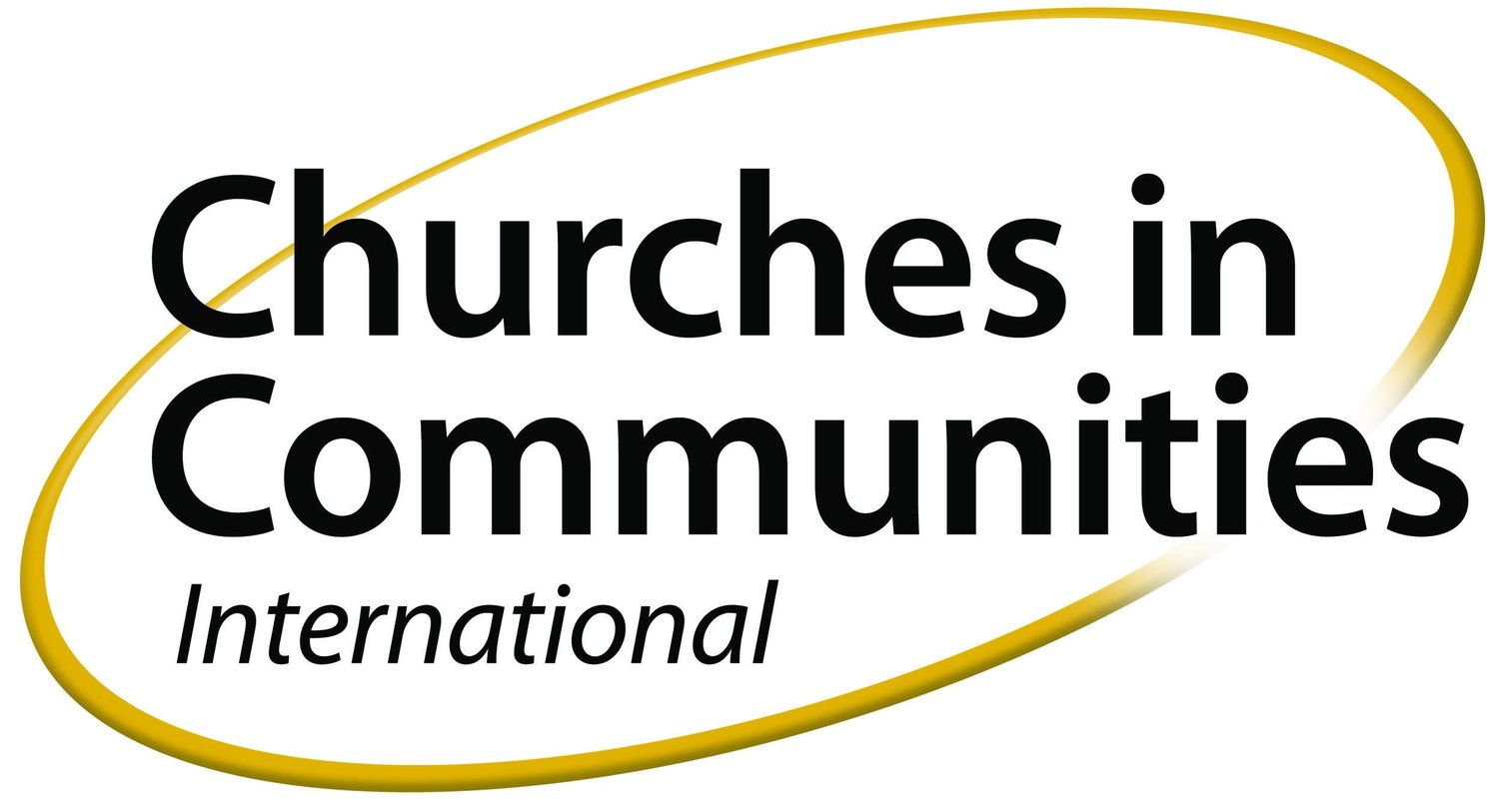ORDINATION WITH CiC
Here at CiC, we realise that ordination for public Christian ministry is becoming increasingly important to our members. Whereas previously, ordination was required by those working in regulated sectors of chaplaincy, it is now common for those ministering in the public square to also seek ordination. Although there are many reasons for this, it seems as if ordination has become a sort of authenticating factor that leaders in other sectors use to determine who they can work and partner with.
Given CiC’s goal to facilitate the growth and impact of the independent church sector, we have developed a robust ordination process to meet the on-going and increasing demand for this service. However, it is really important to explain the heart behind the process, and what CiC considers to be the four essential ordination prerequisites:
1. CALLING
It’s important to have a sense of calling to ordained ministry, and the ability to articulate how being ordained will increase impact and effectiveness. In particular, ordinands need to demonstrate CiC’s core values, such as cooperation with other ministers, personal and public integrity, and a heart of compassion for others.
The ability to carry out the roles expected of an ordained minister, such as baptisms, weddings and funerals, as well as leading others in times of public worship. This should be verified by other ministers locally.
2. COMPETENCE
3. CONNECTION
With the exception of military chaplains, who often have to outwork their ministry in seasons of isolation from ministerial peers, it’s vital to be in life-giving, accountable relationships with others. Although CiC provides an annual review, this would be the minimum we expect from someone seeking ordination. We believe that healthy public ministry takes place when we have mentors, teachers and peers who are able to speak into our lives to help us to become more like Christ.
As well as past evidence of theological study, ordinands should be actively pursuing ongoing professional development. Although ordination communicates a level of knowledge, competence and experience, we believe that it should also be a sign of an individual's willingness to continue learning and growing.
4. CURRICULUM VITAE
Many of you will notice that these qualities are what CiC looks for in its accreditation and membership process, so presenting for and requesting ordained status is an extension and verification of this, usually due to external factors, rather than moving to a higher status of ministry within CiC.
FAQs
Does CiC ordain ministers?
We can provide ordination for ministers who have been in membership of CiC for at least one year, during which time all membership obligations must have been fulfilled.
Will ordination give me a title?
Yes, the title ‘Reverend’ may be used, but only within your ministry context. CiC may ordain a minister for public ministry or office within his/her context, such as a church, network or chaplaincy. The minister may also choose to wear a clerical collar as an outward sign of ordination. It is important to remember that CiC does not ordain individuals for office or ministry within our network; every member is of equal status, regardless of any ministerial titles they hold. Furthermore, ordination is not always transferable between different denominations.
I want to be ordained, what happens next
There is an application process including an interview with a member or representative of the CiC Board. If successful, we provide you with a set of useful tools to help you organise and plan an ordination service.
What happens at an ordination service?
As we ordain ministers for public service, the ordination service is a public event with a gathered congregation that can affirm prayerful support. The ordinand will be asked to read out or agree to a series of pledges, after which, prayer is conducted through the laying on of hands. CiC’s President, or his representative with delegated authority, will undertake the ordination service.
How much does it cost?
There is an administration fee of £400* which is payable to CiC during the application process.
In addition, the ordinand or their member organisation will meet the costs incurred by the President of CiC, or his representative, in conducting the ordination elements of the service, including an honorarium, accommodation, transport, subsistence etc.
There are no ongoing fees associated with ordination, and CiC will retain a copy of the ordination certificate.
* In some particular circumstances where additional administration is required, supplementary administrative fees may apply. In this scenario, these will be discussed with applicants, where necessary.




